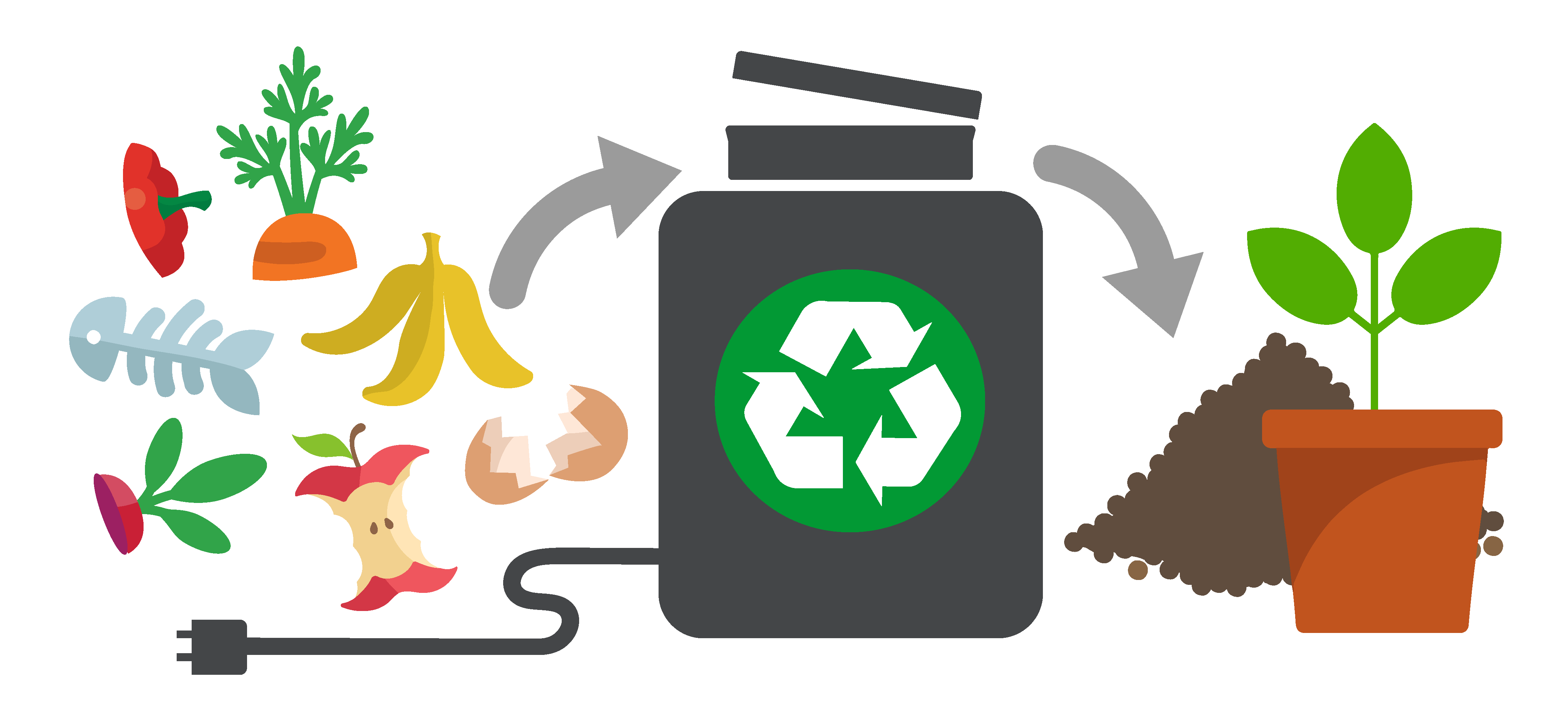The federal government has invested in Nelson’s waste diversion program.
A media release from the Government of Canada has announced that the federal government and the Federation of Canadian Municipalities have invested $395,700 into the city’s organic waste diversion program.
The pilot project will study the use of food waste recyclers as a method of organic waste diversion with the use of an in-home, pre-treatment appliance.
The appliance, called the FoodCycler, grinds and dehydrates organic food scraps. It then converts it into an odorless, dry soil amendment that is rich in nutrients and can be used in one’s garden or be collected by the city. The city’s website says the process significantly reduces the volume of food waste.
Mayor Janice Morrison says that although the federal funding does help offset what local taxpayers would have been on the hook for, the project would have still gone ahead regardless.
“With any of our new programs or things we do in the city we are always looking for grants to come from other levels of government,” she said.
“Without it [federal funding] we still would have wanted to go ahead with the pilot project, but the grant has made it all much more affordable and plausible for us. We had such a good response from the test group that we could see that there was a demand to have this program expand.”
Morrison said that a test group of 151 households in Fairview received the FoodCycler in March 2020. Her home was one of them.
“From what I have heard so far from the test group people love it, but I have to declare my bias. I have been in the 150 group since March 2020 and I absolutely love my device.”
With the federal contribution, the city will be able to expand the pilot program to up to 1,100 households in diverse neighborhoods and also allow the city to facilitate community education efforts.
Last week, the city began rolling out more devices to 500 community members who signed up for early adoption of the program. Morrison says she hopes if the pilot is successful, they will be able to get more funding and expand the program city wide.
“We are hoping is that this next round is very successful and that our goal would be to see if we could get another grant as we increase so we can start spreading the program throughout the whole city,” says Morrison.
“We do have contingency and in terms of our budgeting going forward so looking at how if we don’t get that [funding], how can we make sure that everyone in the city of Nelson eventually ends up with a FoodCycler.”
The media release from the federal government stated that if successful, the pilot project could encourage other municipalities in the country to consider residential organic diversion programs like the one in Nelson as a way to reduce greenhouse emissions.
This would give Nelson the title of being one of the first municipalities in Canada to roll out an organic program that uses a pre-treatment appliance like the FoodCycler.
Morrison expressed her pride in her city for being a leader in innovative ways to fight against greenhouse emissions.
“It’s exciting to be with this, I can’t stop smiling! I think this just reminds me of how Nelson always is innovative and on the cutting edge. We are leaders in many fronts, particularly in this sustainability and GHG reduction activities. I’m just really proud that we have the staff, and we have the commitment of councils to do this kind of innovative work where we can be leaders and models.”







